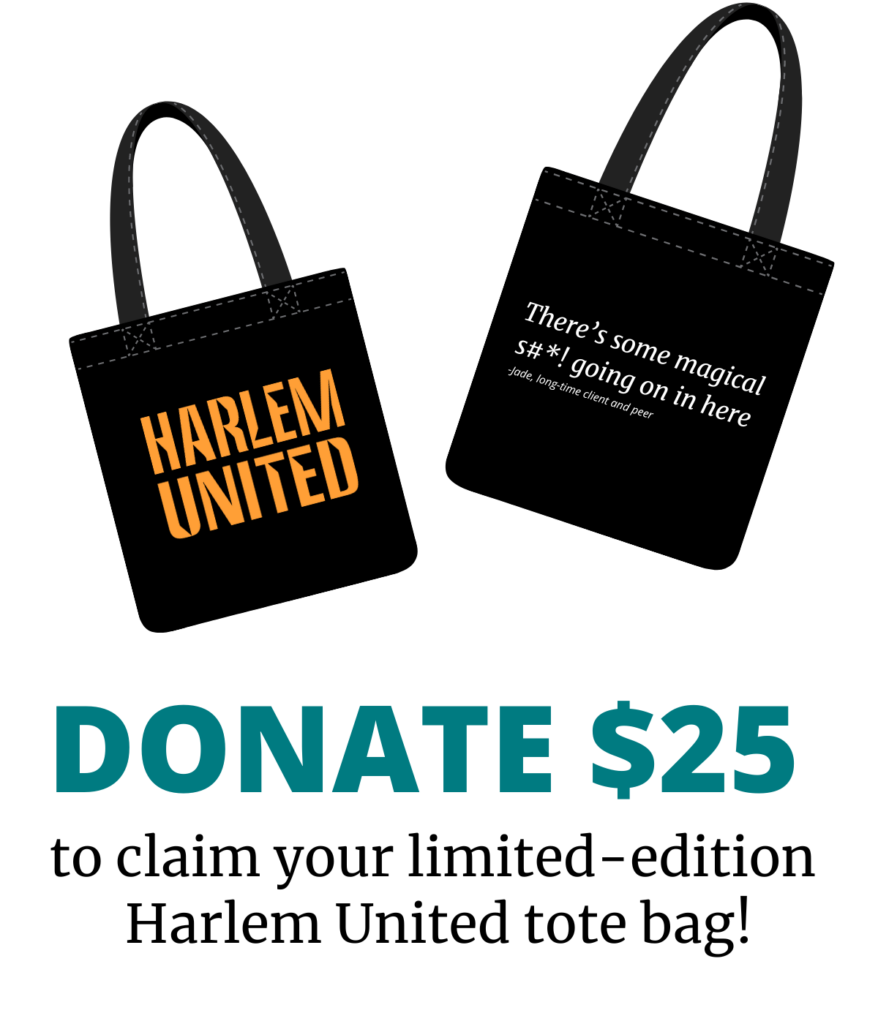It’s PrEP Aware Week and Harlem United wants to let everyone know more about preventing HIV by using PrEP. PrEP is a daily pill that reduces the risk of getting HIV from sex by more than 99%[1]. It is a cornerstone of Harlem United’s HIV prevention work.
As part of the statewide End the AIDS Epidemic initiative, Harlem United is committed to providing PrEP to anyone who wants it. You can take charge and take more precautions against contracting HIV.

We serve communities that are more vulnerable to HIV transmission: Black and Brown communities, those with low or no income, and people who have struggled with homelessness or substance use. These groups have been disproportionally impacted by the AIDS epidemic. PrEP is a great way to provide HIV care and prevention to those who need it most.
Our expert providers answered questions and shared vital information about PrEP on Facebook Live in honor of #PrEPWeek2020. Watch the entire event below.

